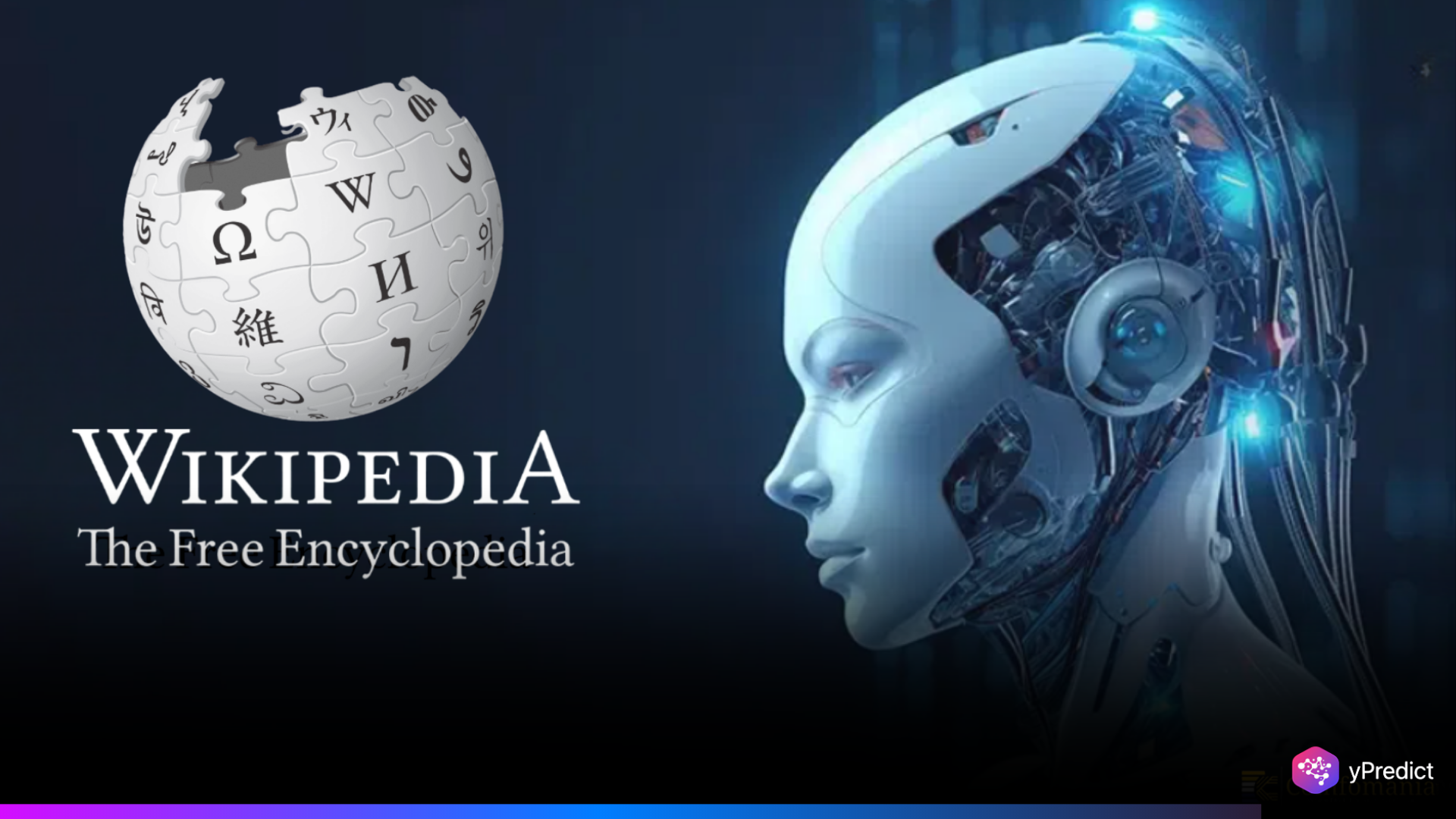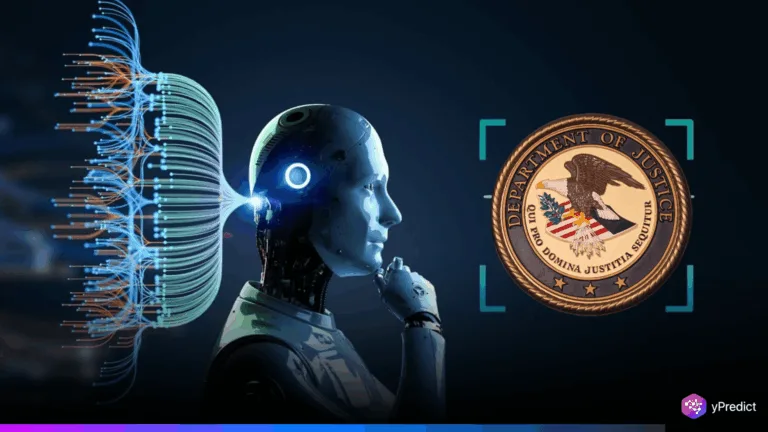
Wikipedia is taking a decisive step into the future with a comprehensive three-year roadmap. This roadmap presents the platform’s integration with AI. The Wikimedia Foundation seeks to update Wikipedia’s backend procedures under the direction of influential individuals like Chris Albon and Leila Zia. It will make use of generative tools without displacing its extensive human editor network.
According to their latest announcement, AI can ease technical burdens, increase productivity, and promote community cooperation. They believe it is feasible as long as it maintains its strong privacy and open values.
How Will Wikipedia Blend AI and Humans
Wikipedia’s parent body, the Wikimedia Foundation, revealed that it will strategically apply AI integration to automate tedious tasks. It will allow moderators, editors, and patrollers to focus on meaningful work. The objective is to establish a support structure that upholds editorial integrity, gives contributors authority, and promotes deliberate cooperation.
The new approach is meant to supplement human editors’ work, not to take their place. Wikipedia aims to improve localized content through improved translations and facilitate participation for new users by utilizing open-source AI. Additionally, editors will gain from enhanced discoverability tools driven by generative tools. As a result, reaching a consensus will happen more quickly.
Smarter Workflows and Tools to Support Editors
One of the biggest benefits of AI integration will be the implementation of automated workflows. These will streamline repetitive tasks that previously consumed time. It will free up editors’ time and energy to engage in community discourse and higher-level thinking. By operating in the background rather than making decisions, these tools will uphold Wikipedia’s fundamental principles.
The Wikimedia Foundation stressed that generative tools will be used with a human-first philosophy. The rollout includes features like mentorship modules for new users and more intelligent translation support. An internal blog post by Chris Albon and Leila Zia outlines how the foundation plans to apply open-source AI within transparent frameworks. They also discuss how it will respect human rights, privacy, and multilingualism.
This vision makes sure Wikipedia’s infrastructure is upgraded without compromising its fundamental structure. The core of Wikipedia’s community and decision-making processes will always be human editors. In order to lower entry barriers and promote growth, this hybrid strategy also includes streamlined onboarding for new contributors.
Is Wikipedia Future-Proofing Against AI Risks
As AI integration becomes more common across industries, the Wikimedia Foundation’s decision is both proactive and thoughtful. Acknowledging the risks of unregulated AI, such as false information and factual mistakes, they seek to preserve the platform’s reputation. This ensures that Wikipedia remains a reliable and trusted knowledge base.
The organization intends to continue developing in the future while adhering to established rules and moral principles. The emphasis will continue to be on human-led decision-making and open-source AI. AI will not take the place of human editors; rather, it will support their agency. This action establishes Wikipedia as a pioneer in the responsible adoption of technology.
AI Will Support, Not Replace Editors
The adoption of AI integration by the Wikimedia Foundation is a progressive but cautious step. This action supports its goal of democratizing knowledge. The technical edges are being lessened with the help of generative tools and open-source AI. However, the dynamic community of human editors at the core of Wikipedia has not been altered. Wikipedia is an example of how technology can improve openness, prioritize ethical design, and concentrate on long-term community support.






